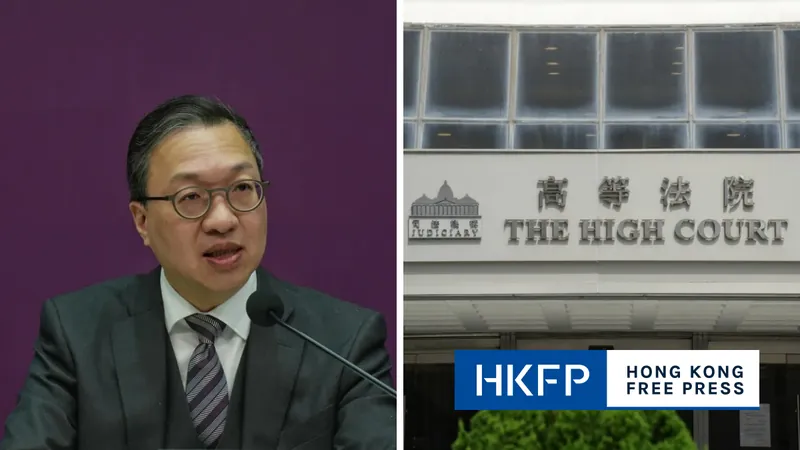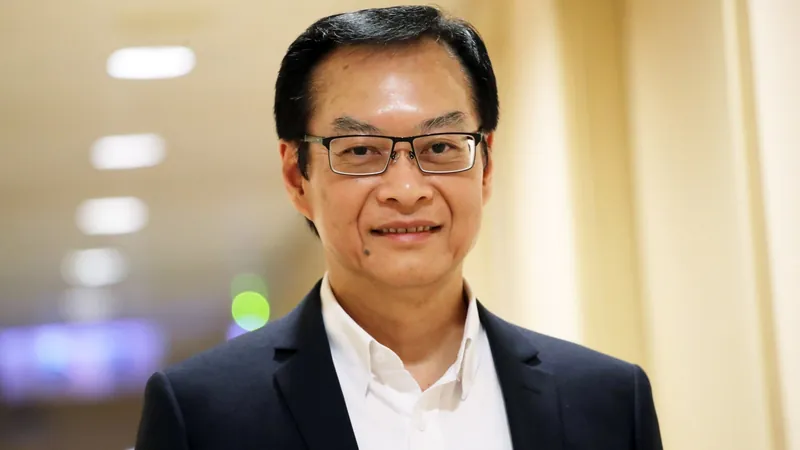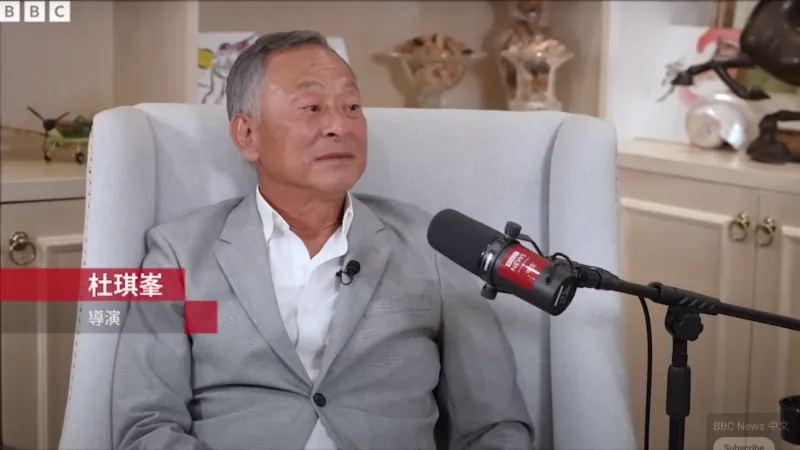
No Jury Reform in Sight: Hong Kong Government's Stance on Jury System Under Scrutiny
2024-11-11
Author: Kai
In a recent declaration, Hong Kong's Justice Minister Paul Lam has confirmed that there are currently no plans to initiate discussions on reforming the city's jury system, a fundamental component enshrined in the Basic Law. This announcement comes in response to calls from several pro-establishment political figures for a reevaluation of how juries operate in the region.
During an interview with TVB, Lam emphasized the importance of the jury system, noting that public input on potential revisions is welcome but should be approached with caution. He reiterated that Article 86 of Hong Kong's Basic Law mandates the maintenance of the jury trial principle as historically practiced in the city.
The discourse around jury reform gained traction following a controversial trial related to a foiled bombing plot from 2019, which raised questions about the efficacy of the jury system. Renowned barrister and government advisor Ronny Tong argued in a recent op-ed that the absence of an appeal system for jury verdicts necessitated urgent consideration. A nine-member jury ultimately convicted one suspect while acquitting six others in this high-profile case under the UN's anti-terrorism legislation.
Critics, like Chu Kar-kin from the Chinese Association of Hong Kong and Macau Studies, have further suggested that the introduction of non-jury trials might be beneficial, citing potential biases and lack of legal training among jurors. Trial by jury has been a cornerstone of Hong Kong's common law system for 177 years, primarily utilized in serious criminal cases at the High Court. Citizens aged 21 to 64, who meet specific criteria, can serve as jurors in these trials.
While the defense retains the right to appeal a jury's conviction, the prosecution faces restrictions regarding acquittals. Lam highlighted that a critical characteristic of jury trials is the requirement for juries to deliver unanimous verdicts without needing to provide comprehensive rationale, which complicates the appeals process.
In the wake of the enactment of the national security law in June 2020, there have been significant shifts in Hong Kong's legal landscape. This law grants the justice minister authority to conduct national security trials without juries, primarily for the purpose of safeguarding state secrets and ensuring the safety of jurors and their families. As it stands, no national security cases have been adjudicated by juries, with prominent trials such as those involving 47 pro-democracy activists and tycoon Jimmy Lai being overseen by specially appointed panels of judges instead.
Tong has reiterated his belief that trials for national security offenses should be reserved for judges due to their legal expertise. He stated, "Three judges are better than a jury; even if they have personal political views, those will not influence their judicial decisions."
As the debate surrounding Hong Kong's jury system continues, questions linger about the future direction of the territory's legal practices and the implications for judicial independence and justice delivery. The community watches closely as the government stands firm on its commitment to maintain the status quo, for now.




 Brasil (PT)
Brasil (PT)
 Canada (EN)
Canada (EN)
 Chile (ES)
Chile (ES)
 España (ES)
España (ES)
 France (FR)
France (FR)
 Hong Kong (EN)
Hong Kong (EN)
 Italia (IT)
Italia (IT)
 日本 (JA)
日本 (JA)
 Magyarország (HU)
Magyarország (HU)
 Norge (NO)
Norge (NO)
 Polska (PL)
Polska (PL)
 Schweiz (DE)
Schweiz (DE)
 Singapore (EN)
Singapore (EN)
 Sverige (SV)
Sverige (SV)
 Suomi (FI)
Suomi (FI)
 Türkiye (TR)
Türkiye (TR)